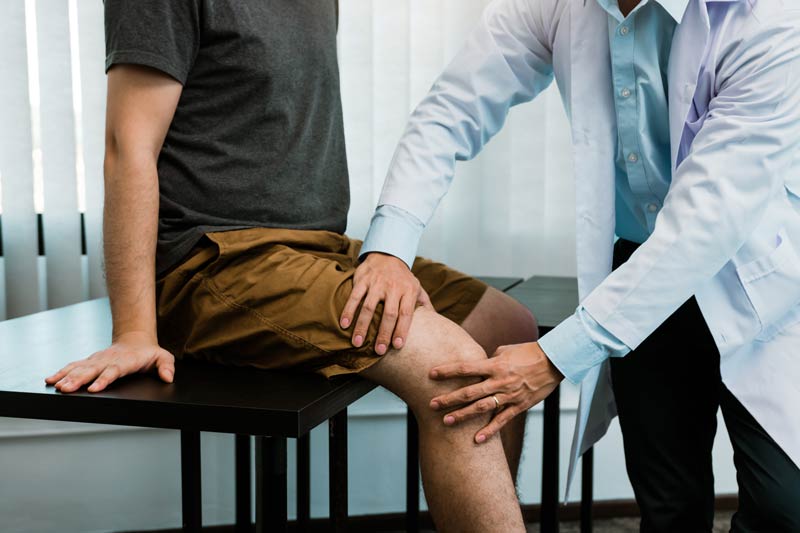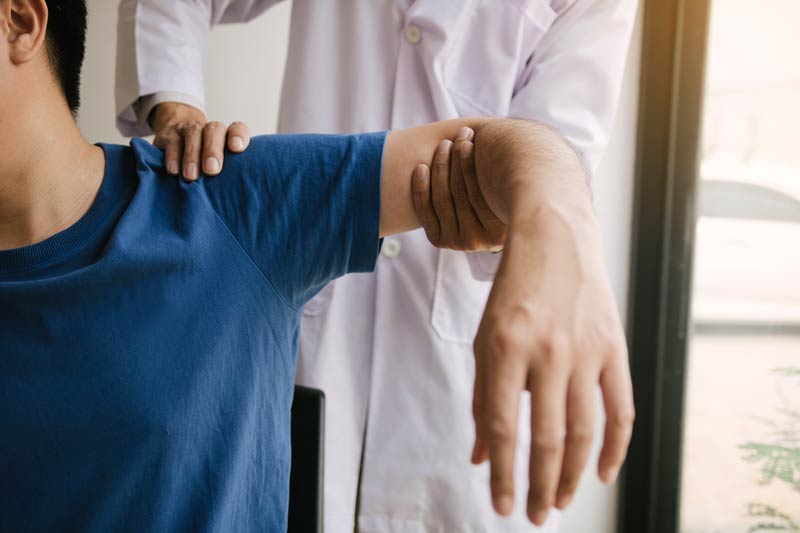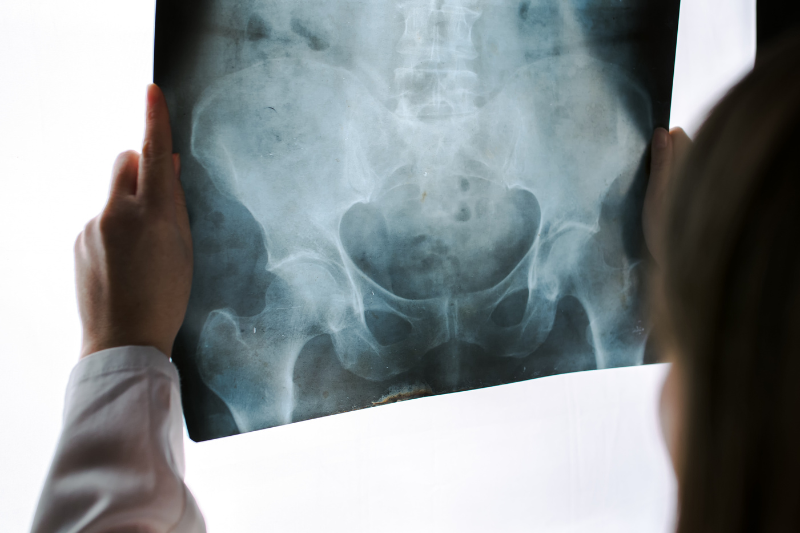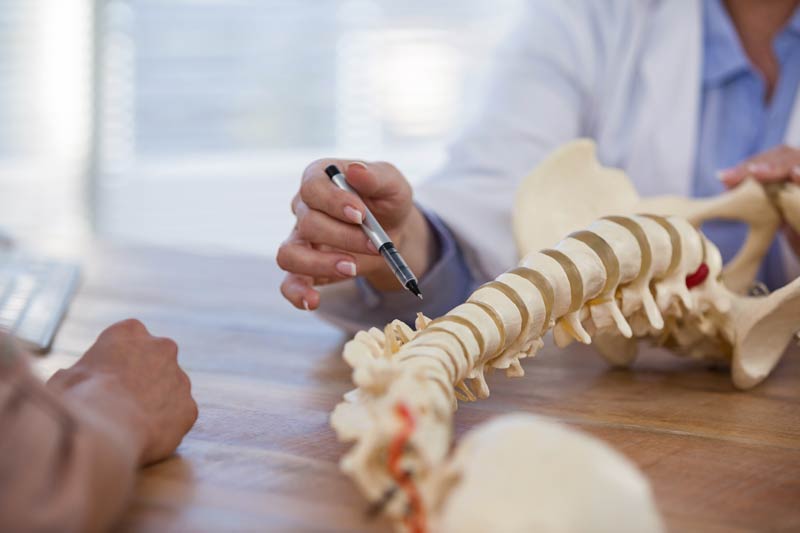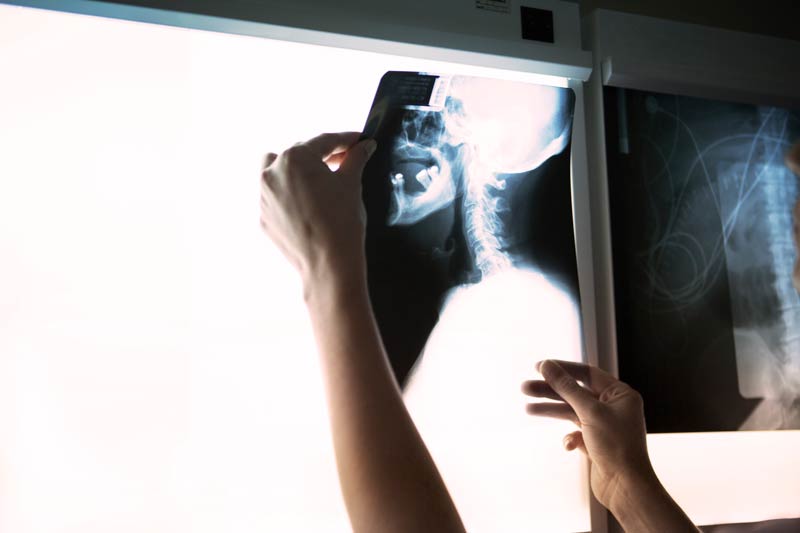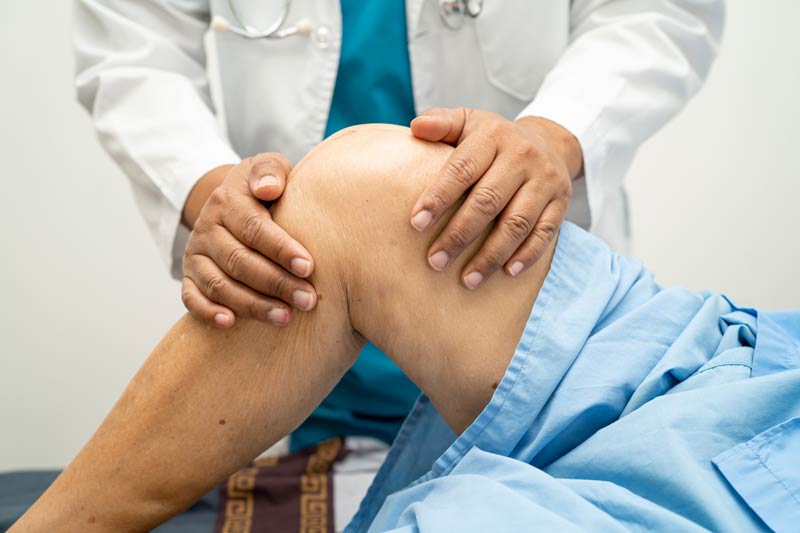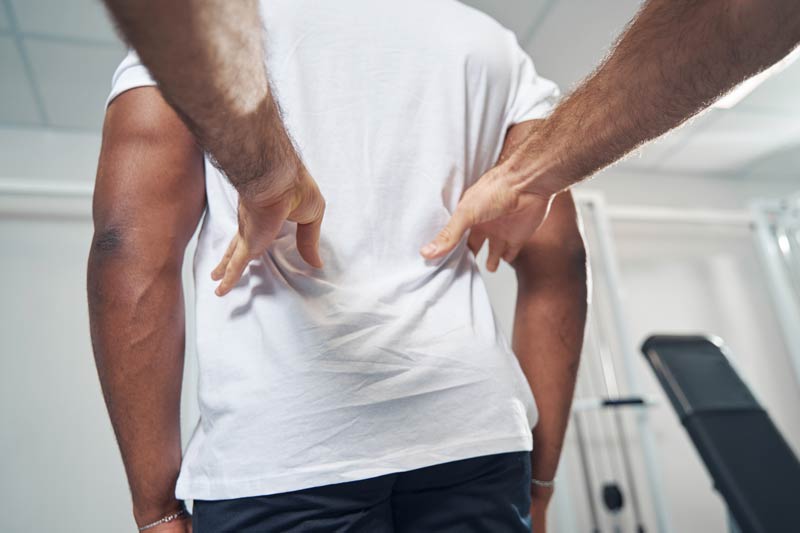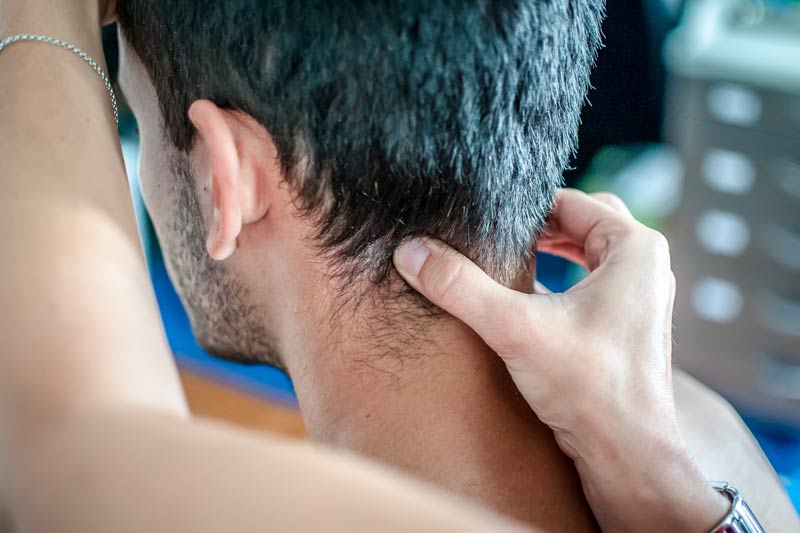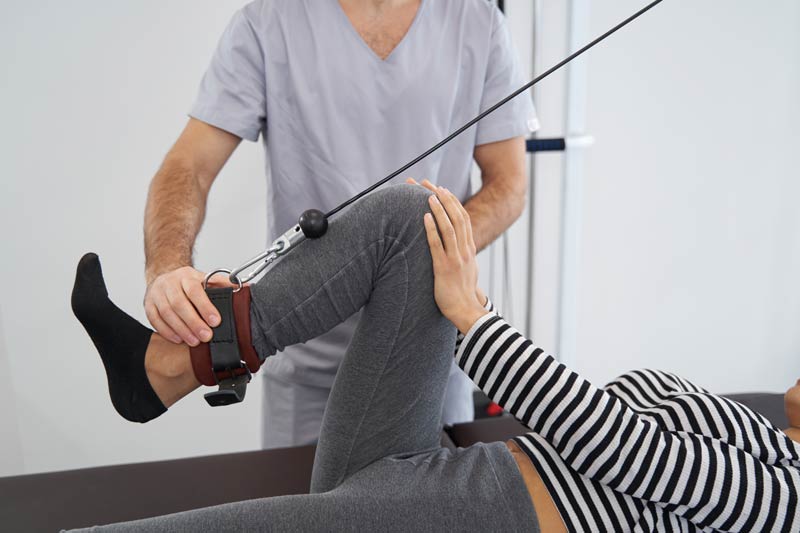What is Radiculopathy?
What Causes Radiculopathy?
Typically, changes in the tissues surrounding the nerve roots are the cause for radiculopathy. It is very common that the change in the tissues causes narrowing in the spaces where nerve roots travel. Though these issues can appear from injury, it is typical that these issues are caused by gradual degradation of the spine.
Symptoms of Radiculopathy
As with many spinal issues, symptoms of radiculopathy typically boil down to pain, numbness, weakness and tingling in your neck, back and even your extremities. The location of issues from radiculopathy can vary and in turn the symptoms can appear differently. Some patients might have sharp pain in the back, arms, legs or shoulders, while others might feel something like “pins and needles” in their arms and legs.
Treatment Options for Radiculopathy

Frequently Asked Questions about Radiculopathy
1. Can you completely get rid of radiculopathy?
Typically symptoms of radiculopathy can be treated conservatively and will improve within 6 weeks to 3 months.
2.Is walking good for radiculopathy?
Low-impact movement and exercise can significantly help to decrease pain and stiffness from radiculopathy. Taking several short walks in a day is suggested to help with symptoms from radiculopathy.



